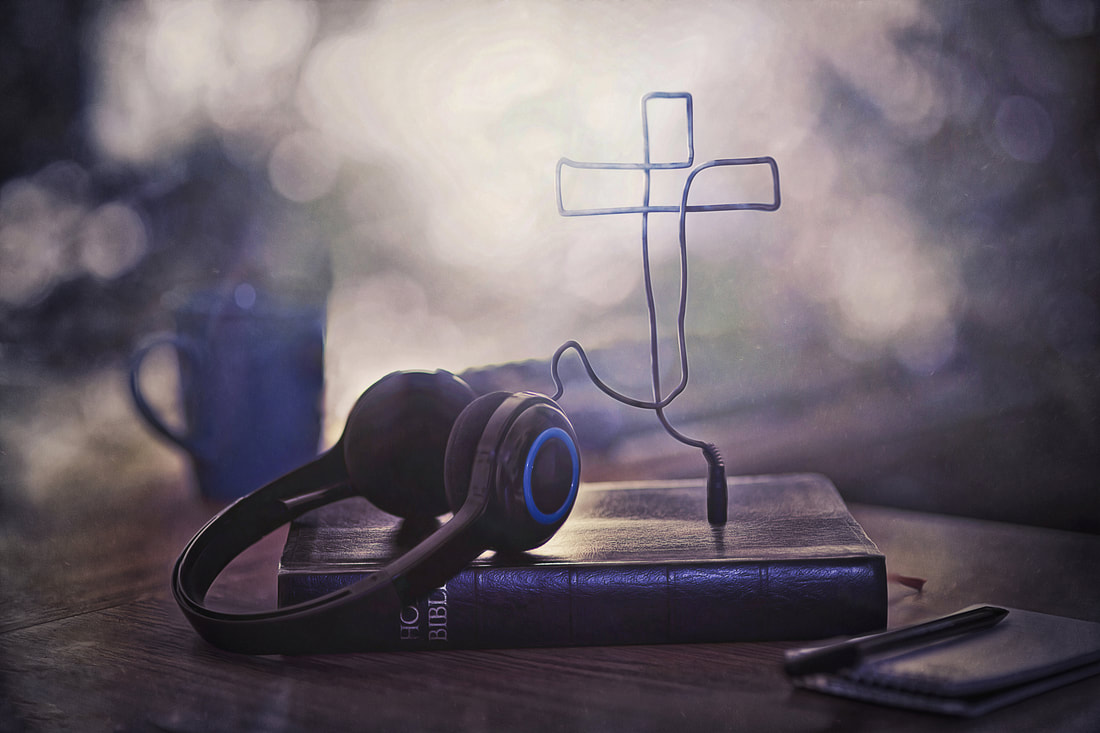|
Wouldn’t it be great to be able to avert certain disaster with a tool that’s freely available and can be used by anyone who is willing to practice? How would you use that tool if you had it?
Asking good questions is a great tool to have in your relational toolbox. This woman used it skillfully: When Joab’s forces arrived, they attacked Abel-beth-maacah. They built a siege ramp against the town’s fortifications and began battering down the wall. But a wise woman in the town called out to Joab, “Listen to me, Joab. Come over here so I can talk to you.” As he approached, the woman asked, “Are you Joab?” “I am,” he replied. So she said, “Listen carefully to your servant.” “I’m listening,” he said. Then she continued, “There used to be a saying, ‘If you want to settle an argument, ask advice at the town of Abel.’ I am one who is peace loving and faithful in Israel. But you are destroying an important town in Israel. Why do you want to devour what belongs to the LORD?” (2 Samuel 20:15–19) The unnamed woman got to the heart of the matter (and the danger) by asking an open-ended question. The question was open-ended because it couldn't be answered Yes or No. Her question got Joab to clarify what his purpose was. He wasn’t there to destroy the town, but to track down a rebel that had hidden himself there. Her wise question opened the way for the town and Joab to work together for a mutually beneficial end, greatly reducing collateral damage. Good questions are a pretty handy tool to be handy with. How could you use this great tool? |
Pastor MarkPastor Mark loves his wife and grown children, the Word of God, and words. And coffee, chocolate chip cookies, Apple products, small video projects, and the New England Patriots. Archives
June 2024
Categories
All
|

 RSS Feed
RSS Feed